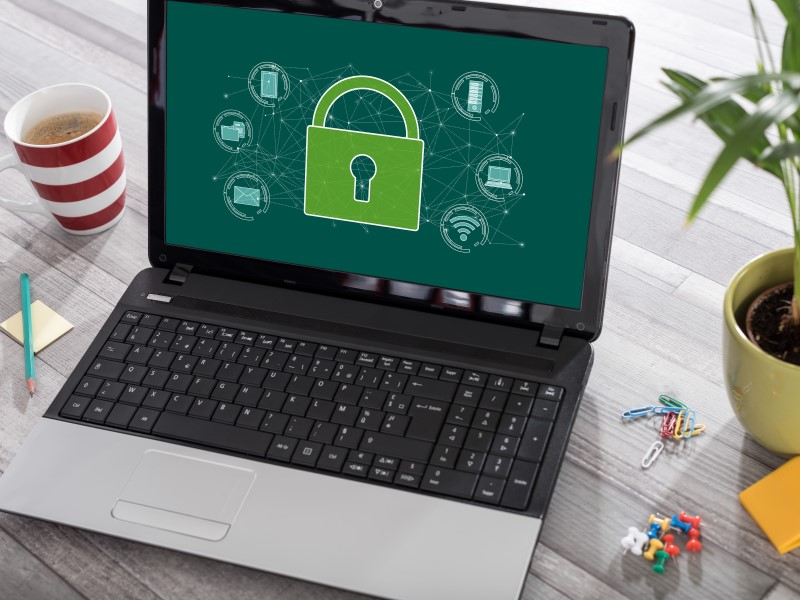
North Korean Cybercrime: A Deep Dive into the Cryptocurrency Theft Scheme
In a troubling development that underscores the growing sophistication of state-sponsored cybercrime, four North Korean agents were indicted for allegedly stealing nearly $1 million in cryptocurrency from businesses based in Atlanta, Georgia, and Serbia. The indictment, unveiled on June 30, 2025, reveals a complex scheme involving false identities and remote employment, demonstrating the vulnerabilities in cybersecurity protocols within the cryptocurrency sector.

The Scheme
According to U.S. prosecutors, the defendants—Kim Kwang Jin, Jong Pong Ju, and two unnamed co-conspirators—exploited their positions as remote IT workers to gain access to sensitive digital assets belonging to their employers. This operation took place primarily from late 2020 to early 2021, when Kim and Jong were hired by an Atlanta-based blockchain research and development company, alongside a virtual token firm in Serbia.
The indictment disclosed that the operatives managed to conceal their true identities by providing a mixture of stolen and fraudulent identification documents. This deception was so effective that neither company would have considered hiring them had they known their true origins. To further their scheme, Jong recommended that the Serbian company employ “Peter Xiao,” an alias for another North Korean operative, Chang Nam Il.
Once they gained employment, the agents exhibited a high level of technical proficiency. For instance, in February 2022, Jong allegedly transferred approximately $175,000 worth of cryptocurrency to a wallet he controlled. The following month, Kim modified smart contracts at the Atlanta company, redirecting roughly $740,000 worth of cryptocurrency into another account. This strategic manipulation reflects a concerning trend in cybercrime where technical sophistication meets criminal intent, leading to significant financial losses for companies.
Implications for Cybersecurity
This incident raises pressing questions regarding the security protocols in place at cryptocurrency firms. The FBI has since issued warnings urging companies, particularly within the tech and crypto sectors, to enhance their hiring practices. U.S. Attorney Theodore S. Hertzberg emphasized, “They’ve been charged in a five-count wire fraud and money laundering indictment arising from a remote IT worker embezzlement scheme.”
The FBI's advisory highlighted several red flags that employers should be vigilant of, such as resistance to video calls, frequent changes of address, and default keyboard settings set to Korean. The need for robust vetting of remote employees has become paramount, especially as the cryptocurrency sector grapples with the threat of cybercrime from state-sponsored actors.
Regulatory Responses
As the cryptocurrency landscape continues to evolve, regulatory bodies are faced with the growing need for stricter guidelines to combat such cyber threats. The aforementioned indictment serves as a stark reminder of the inherent vulnerabilities within the decentralized nature of cryptocurrencies.
In the wake of this event, experts are advocating for comprehensive regulatory frameworks that mandate enhanced cybersecurity measures for cryptocurrency firms. This includes not just employee vetting but also securing digital assets against sophisticated attacks. Businesses must take a proactive approach in safeguarding their operations against potential threats, which could include implementing two-factor authentication, robust encryption protocols, and regular security audits.
Moving Forward
The indictment of these North Korean agents is not an isolated incident but a part of a larger trend where cybercriminals exploit the burgeoning cryptocurrency market. In recent years, North Korea has been linked to numerous cyberattacks aimed at stealing cryptocurrency to fund its regime, including efforts to bypass international sanctions.
A report from the U.S. Department of Treasury indicated that North Korea has generated millions of dollars through cybercrime, using the funds to support its weapons programs. This context illustrates not only the motivations behind such cybercrimes but also highlights the urgent need for increased international cooperation in cybersecurity measures.
Conclusion
The indictment of these North Korean operatives underscores the urgent need for improved security protocols within the cryptocurrency industry. As cyber threats become increasingly sophisticated, businesses must remain vigilant and proactive in safeguarding their digital assets. Enhanced regulatory frameworks, combined with diligent hiring practices, are essential steps toward mitigating risks associated with state-sponsored cybercrime.
The evolving nature of the cryptocurrency landscape demands that firms not only adapt to market conditions but also fortify their defenses against the insidious threat of cybercrime.

For more details about this case, refer to the Atlanta News First and the U.S. Department of Justice.